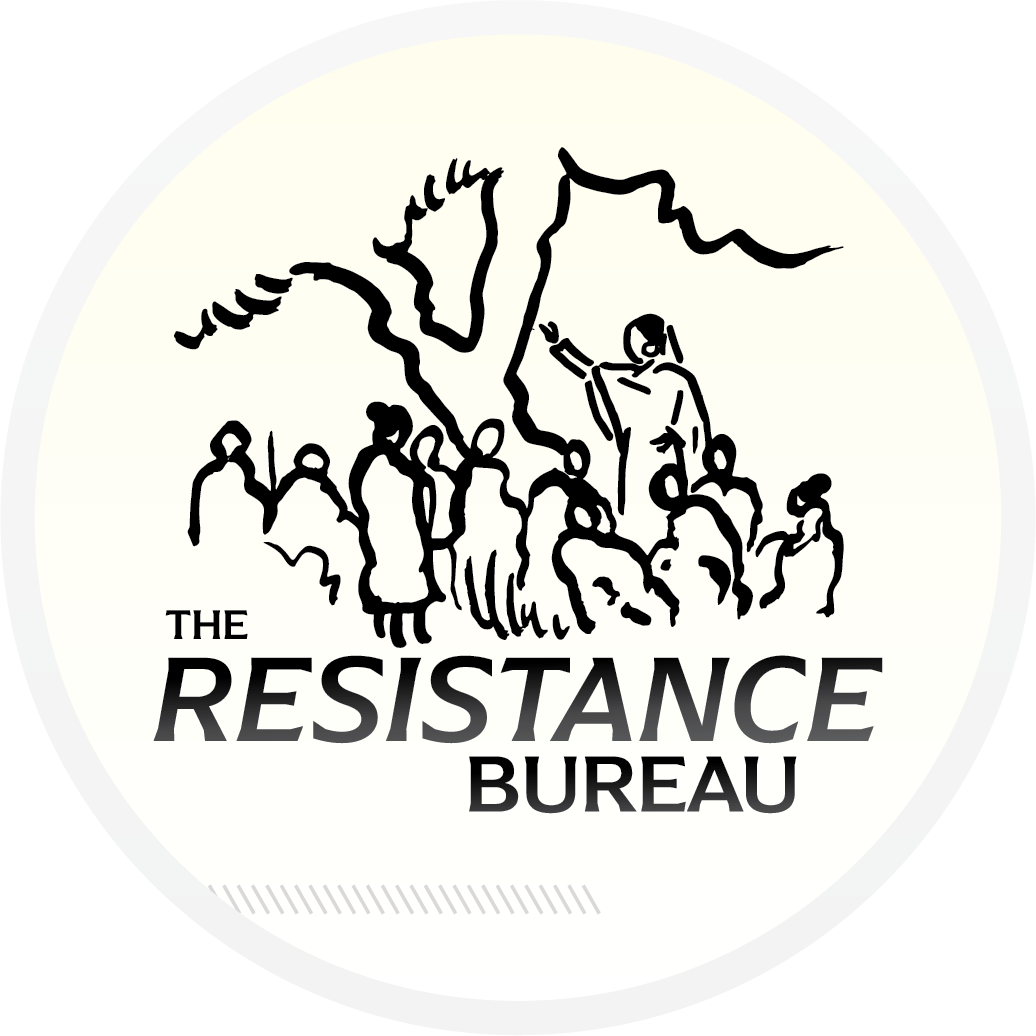Resisting the Whitewash: The Role of PR and Lobby Firms in Laundering Authoritarianism
Authoritarian leaders are often concerned with how they are perceived around the world, especially in the media and in foreign capitals like Washington, DC. From Ethiopia to Zimbabwe and from Cameroon and Rwanda to Uganda, even the most brutal despots want to look good in the eyes of the world. As a result, these leaders often prioritize devoting millions of dollars – money that could perhaps be better spent on providing food and healthcare for their own citizens – on international public relations firms that buy positive media coverage, and on foreign lobbyists to push an airbrushed image to investors in foreign capitals. At every step of the way, authoritarianism is aided and abetted by Western companies, and their employees, who seem willing to work with any regime, regardless of how oppressive it may be, so long as it fills their bank accounts. African dictators – and others around the world – do not engage in such efforts merely out vanity, though that is certainly a key element. Indeed, image management and lobbying are critical to their ability to retain power, often for decades at a time and as a result of thoroughly rigged, often violent elections. A high-priced public relations campaign can help to obscure or otherwise sideline valid human rights concerns while encouraging foreign investment and promoting tourism, all while boosting the personal coffers of corrupt leaders. Effective lobbying can remove targeted sanctions, increase aid allocations, and lessen the impact of criticism from other world leaders and pro-democracy activists. In this show, we will aim to reveal how Western companies are helping to whitewash the stained images of Africa’s authoritarian leaders and talk to activists and researchers from across the continent about what the recent backlash against companies – such as Bell Pottinger, Cambridge Analytica, and Mercury Public Affairs – reveals about how these nefarious efforts can be effectively called out and ultimately resisted.
